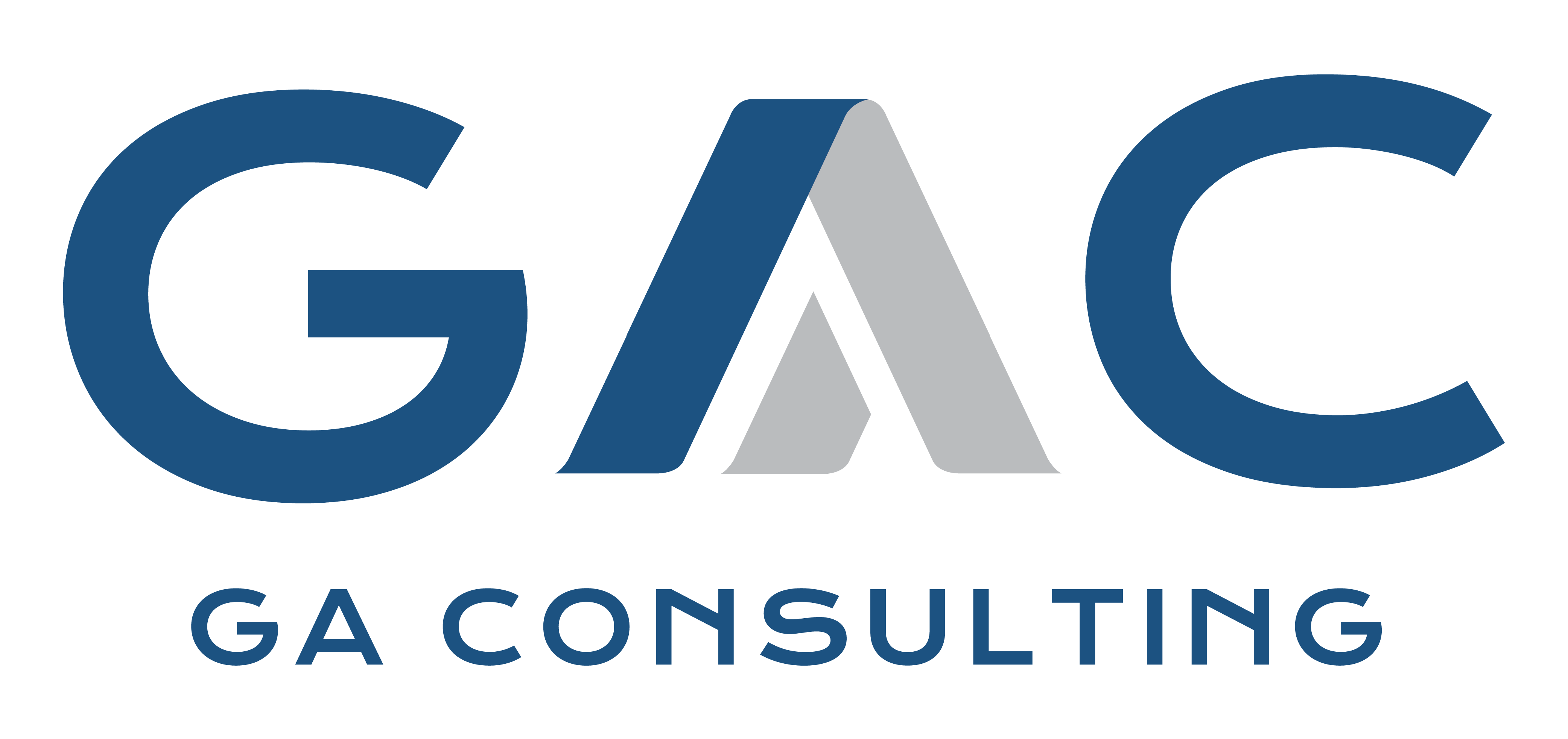If you started earning freelance income in January 2025 but only registered with the BIR in March 2025, you might be wondering:
“Do I need to file income from January to March—or just from March?”
This question is more than a technicality—it’s crucial for avoiding penalties and staying on the BIR’s good side. Many new freelancers make this mistake, thinking their tax obligations only start when they officially register. But here’s the truth: Tax responsibilities start when you begin earning, not when you register.
Let’s break it down with clarity.
What Happens If You Earn Before BIR Registration?
If you’re registered March 2025 but earned since January, the BIR considers the income from January to March as unregistered business income. This can lead to:
🚨 Penalties
🚨 Interest and surcharges
🚨 A red flag on your tax record
The BIR sees registration as your way of saying, “I’m ready to comply.” But they also expect that you register before you start earning.
Why It’s Important to Declare January to March Income
Even if your Certificate of Registration (COR) starts in March, you are still legally required to report all income earned prior to that.
Here’s why this matters:
✅ You Avoid Penalties – BIR penalties stack fast for unreported income.
✅ It Builds Trust – Full disclosure shows the BIR you’re serious about compliance.
✅ Tax Filing Accuracy – Your Form 1701 or 1701A must reflect total income for the year, not just from the date of registration.
✅ You Can Still Pay Voluntarily – Some RDOs allow you to settle taxes from the unregistered period as a gesture of compliance.
How to Handle Income Before You Were Registered
If you registered in March 2025 but earned since January, follow these steps:
1. Gather All Income Records from January–March
- Include invoices, bank transfers, PayPal logs, or client payments—even informal ones.
2. Declare This Income in Your Annual ITR (Form 1701 or 1701A)
- The form covers January 1 to December 31, 2025, so you must declare the full amount—even if you weren’t registered yet.
3. Prepare for a Potential Open Case
- Since you operated without registration, the BIR may see this as a “late registration” case.
- Some RDOs may require an explanation letter or let you pay back taxes voluntarily.
4. Talk to Your RDO or Tax Consultant
- They may advise you on how to proceed without incurring major penalties.
Who Needs to Do This?
You should declare pre-registration income if:
✅ You started earning in January or February 2025
✅ You registered with the BIR in March 2025
✅ Your TIN and COR were issued only by March
✅ Your clients paid you for work during that earlier period
Whether your income was ₱5,000 or ₱50,000—it must be declared.
Tips to Avoid Trouble Next Time
💡 Register Before Earning – Aim to register with the BIR before accepting any paid freelance work.
💡 Track Everything – Use Notion, Excel, or accounting apps to log your earnings and expenses.
💡 Talk to a Pro Early – Don’t wait until tax season to ask questions—consult before problems grow.
💡 Don’t Ignore Small Earnings – All income counts, even side gigs or one-time jobs.
💡 Be Transparent – Declaring your full income (even late) is always better than hiding it.

Follow Us & Make Tax Filing Easy!
Follow us on our socials (TikTok, YouTube, Facebook, and Instagram) and read our blogs for more tax tips designed for freelancers!
Download our Ultimate DIY BIR Tax Compliance Guide, try our Freelancer Income Tax Calculator, and schedule your Free Tax Consultation Call to take the next step toward confident, stress-free tax filing!

